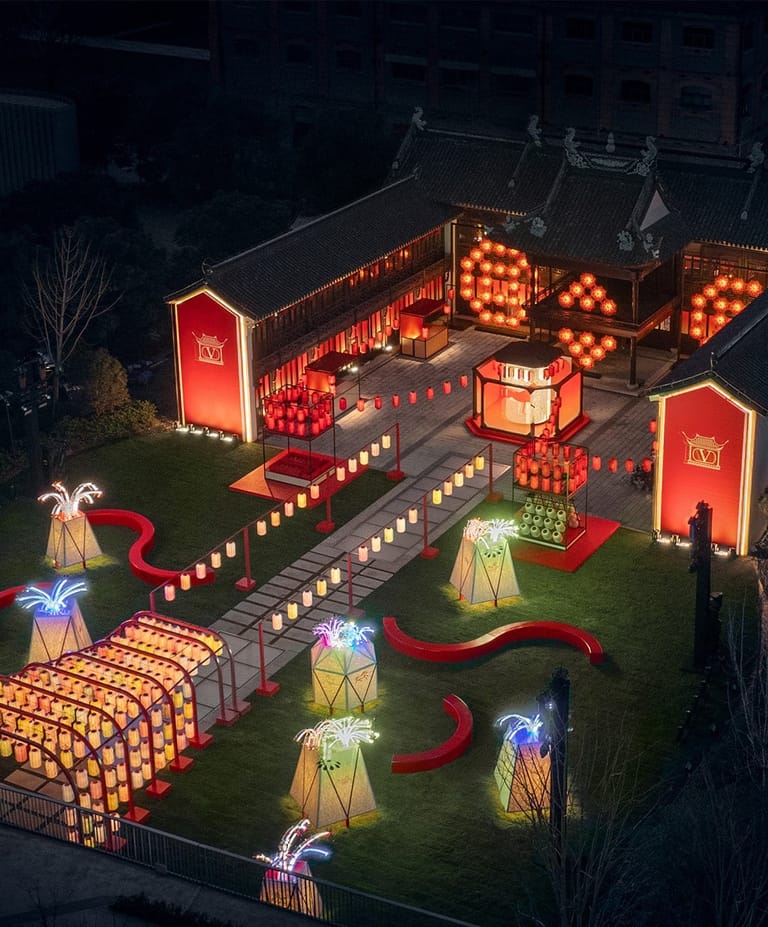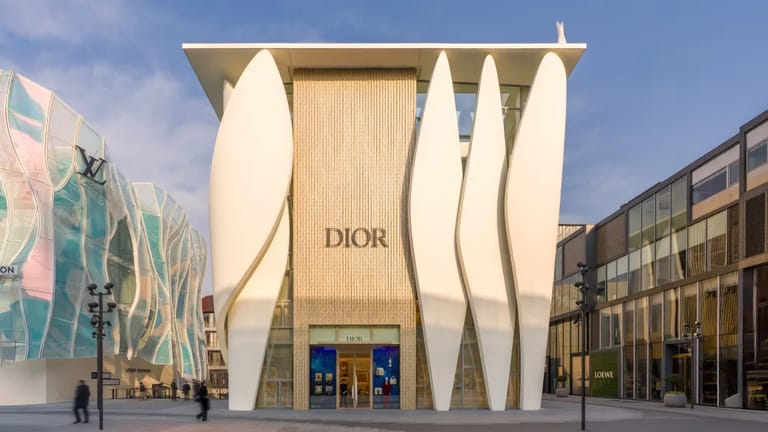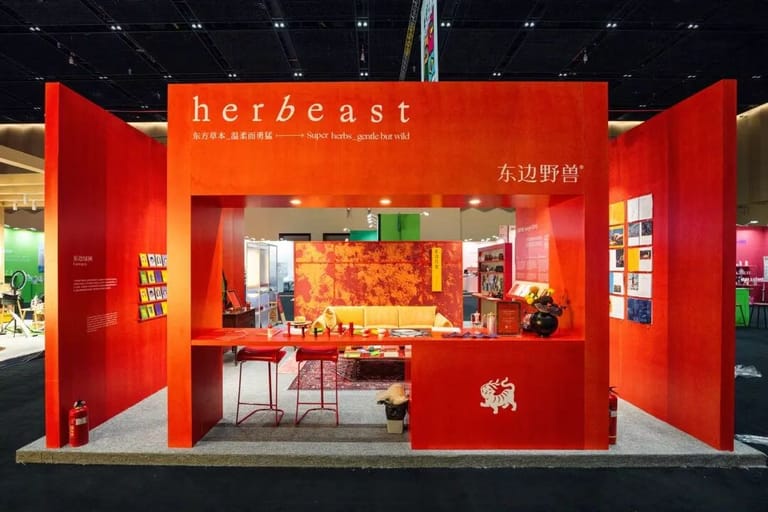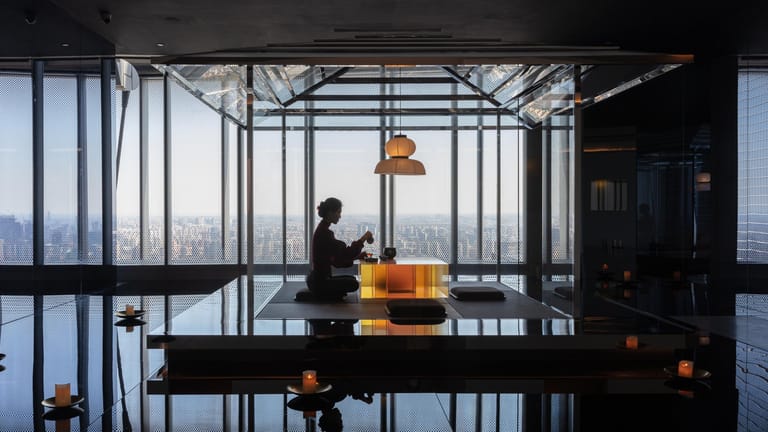Lululemon Positions Align as a Cultural Symbol in China
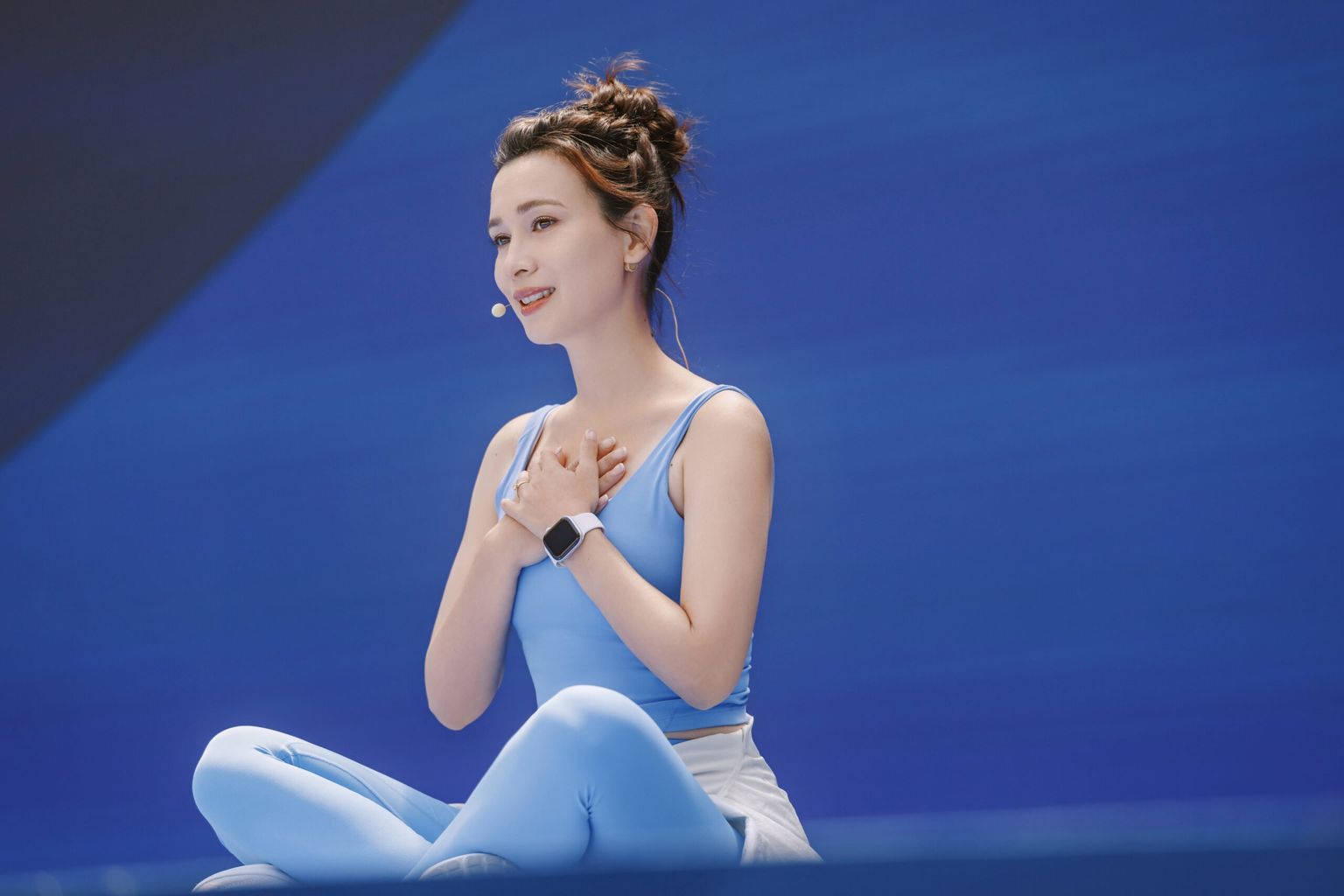
Ten years after the debut of its now-iconic Align collection, Lululemon is shifting gears in China. The brand’s latest campaign, anchored by a day-long yoga carnival held at Beijing Workers’ Stadium, signals a decisive move from product marketing to cultural imprinting.
This was no ordinary anniversary celebration. The stadium, long synonymous with major sporting events and collective memory, was transformed into a high-energy meditation on modern wellness. With over 5,000 attendees cycling through a full day of yoga and breathwork, sound-bowl healing and sonic vinyasa, the event felt less like a brand activation and more like a pilgrimage for a fast-growing tribe of urban seekers.
While much attention gravitated to the surprise appearances of Lululemon ambassadors—Chris Lee, Celina Jade, and Wang Zixuan among them—the heart of the event rested elsewhere: in the choreography of connection, both physical and emotional, among strangers moving together in sync. Throughout the day, international yoga teachers and long-time local practitioners co-led sessions that stitched together a diverse crowd across age, gender, and ability. Flowing bodies filled the stands. Beats pulsed through breath. The spectacle served a clear purpose: to visualize the word that launched a thousand yoga mats—alignment—not just as form, but as feeling.
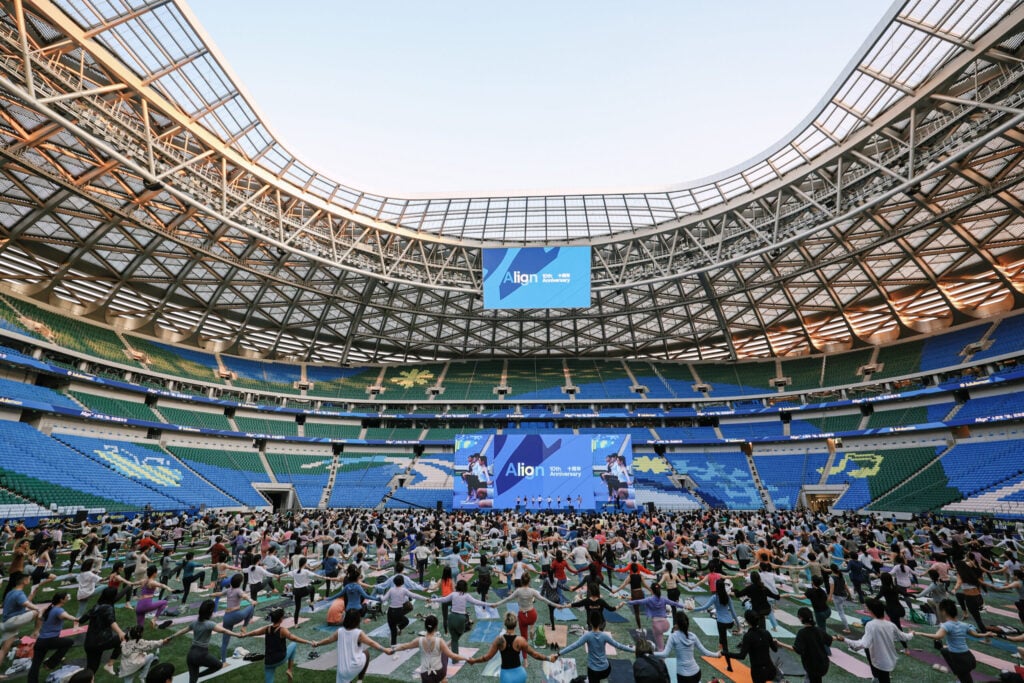
In repurposing Workers’ Stadium as both stage and sanctuary, Lululemon also managed to fold history into aspiration. Illustrator Inkee Wang’s sprawling visuals gave new life to the stadium’s aging architecture, recoding it as a communal canvas for contemporary wellness. In doing so, the brand delivered a subtle message: yoga may be imported, but its language of reconnection has found new ground in China’s rapidly evolving emotional landscape.
More than a celebration of Align’s technical comfort or commercial longevity, the campaign functions as a referendum on what the brand believes yoga—and by extension, Lululemon—can mean in China. The release of a short film, “Meet Us,” reinforces this belief. Rather than spotlight physical feats or idealized bodies, the documentary tracks four individuals navigating self-doubt, transition, and change through yoga. Their stories are understated but telling: In a high-pressure society where mental resilience is often privatized, vulnerability has become a rare form of power.
Lululemon’s decision to expand the Align story through podcasts on Xiaoyuzhou FM and nationwide community yoga sessions marks a continuation of a strategy that privileges intimacy over reach. The brand has long distanced itself from performance-driven athleticism in favor of mindfulness and intention. In China, that approach has gained particular traction among a demographic fatigued by spectacle and eager for meaning, especially in wellness.
Crucially, Lululemon doesn’t attempt to localize through obvious gestures or borrowed motifs. Its China playbook relies instead on narrative texture and sustained presence: a constellation of ambassador relationships, community-led classes, and digital content that speaks to the rhythms of local life without falling into pastiche.
The Align anniversary, then, becomes a case study in brand maturity. What began as a buttery-soft legging engineered for comfort now serves as shorthand for a deeper kind of ease, one that blends physical fluidity with emotional coherence. The product remains, but the message has expanded.
As more global lifestyle brands try to navigate the nuanced terrain of China’s wellness movement, Lululemon offers a distinct blueprint: Don’t just sell functionality—seed philosophy. Through this campaign, it’s clear that Lululemon isn’t merely celebrating Align. It’s aligning itself with a future where community, culture, and consciousness form the real pillars of brand relevance.



